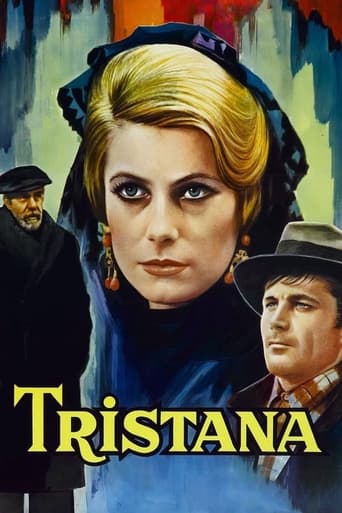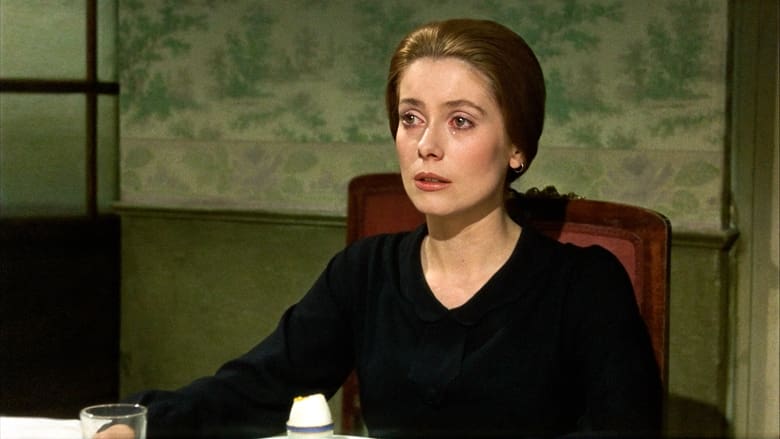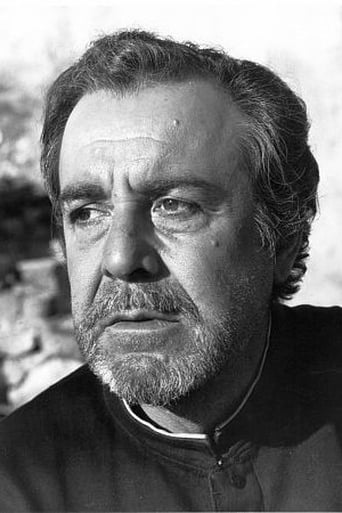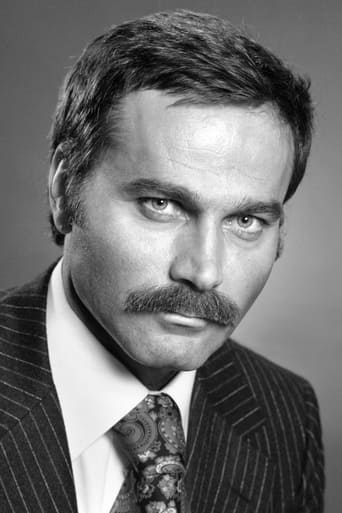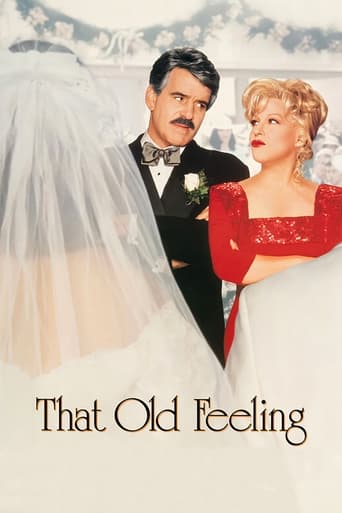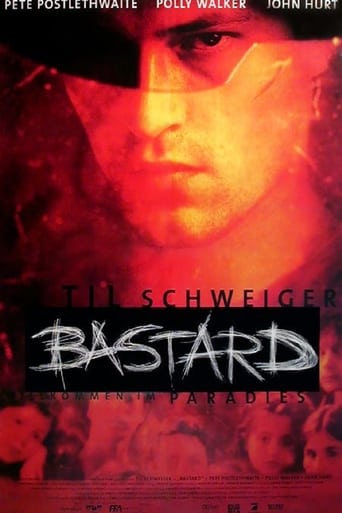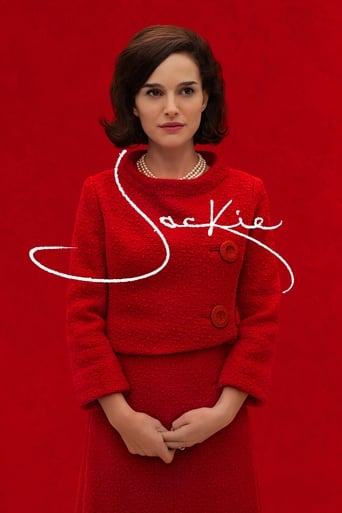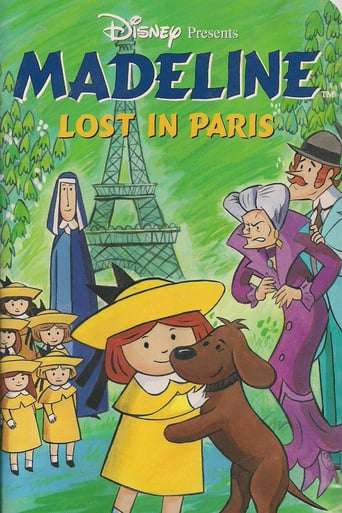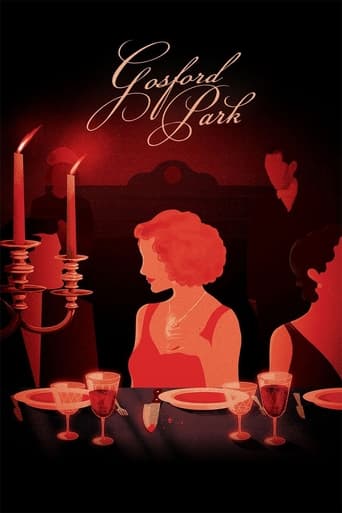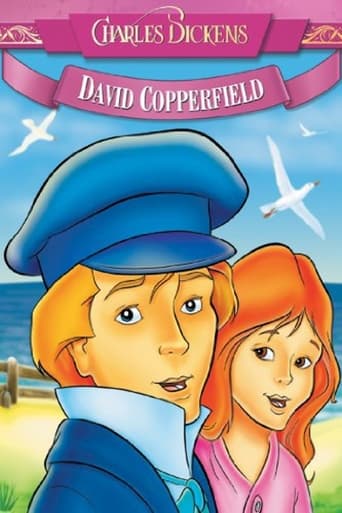Tristana (2013)
As a young woman, Tristana is orphaned and taken under the guardianship of Don Lope, a respected member of the community, who takes advantage of his innocent charge. When Tristana falls in love with artist Horacio, she must learn to be more assertive in order to achieve independence from her nefarious guardian, or her blossoming relationship with Horatio is doomed.
Watch Trailer
Cast


Similar titles
Reviews
I am only giving this movie a 1 for the great cast, though I can't imagine what any of them were thinking. This movie was horrible
At first rather annoying in its heavy emphasis on reenactments, this movie ultimately proves fascinating, simply because the complicated, highly dramatic tale it tells still almost defies belief.
The plot isn't so bad, but the pace of storytelling is too slow which makes people bored. Certain moments are so obvious and unnecessary for the main plot. I would've fast-forwarded those moments if it was an online streaming. The ending looks like implying a sequel, not sure if this movie will get one
The best films of this genre always show a path and provide a takeaway for being a better person.
Tristana is a bit of an odd duck in the Luis Buñuel filmography. While the plot feels right up his alley (respected aging aristocrat seduces his ward, leading to conflict when she falls in love with a younger man) there were times were I was wondering if I was really watching a Buñuel film. The director's trademark surrealism is largely absent here aside from a brief dream sequence. All in all, it's solid enough, but not really one of Buñuel's best.In many respects, and rather unusually for Buñuel, this is an actor's film. Fernando Rey and Catherine Deneuve are both exceptional as the aging Don Lope and his ward Tristana, respectively. Rey's performance in particular is one of his finest. His character is probably the highlight of the film, he's very multifaceted and doesn't fall into the typical stereotypes that Buñuel uses to portray bourgeoisie characters. The third main lead, Franco Nero of Django fame, is a bit stiff here but he's not on screen very much compared to the other two leads. Finally, Lola Gaos heads the supporting cast and does a terrific job as Don Lope's housemaid Saturna.Because this is such an actor's film, Buñuel's direction is a bit flat for the most part. He gets a bit creative at the beginning and end of the film but he's a nonentity for the middle portion of the film, which drags on a bit as a result. Aside from the use of snow towards the end, the film isn't much to look at and the cinematography is a little flat at times. The sound design is also rather spartan, there's no score and not much to listen to aside from the dialogue. The effects used to convey one character having their leg amputated are well done however, and the costumes and sets feel very authentic and one never gets the sense that the sense that this historical drama feels staged.In conclusion, the film is definitely worth seeing for Rey and Deneuve's performances but this isn't the first Buñuel I'd show someone who's never seen a film of his as while it is more accessible, it lacks his usual distinctive style and in general isn't one of his stronger works.
It might appear to the uninitiated that Luis Bunuel is making with Tristana at first a good but very predictable melodrama that turns somewhere in the second half mark into a strange power-play of desire turned on its head. But in reality, when looking at it after seeing a couple of his films, Bunuel's work with Tristana is somehow kind of touching. He cares about all of his characters- none of whom what they seem or dumbed down to Lifetime movie levels- and in this stuck-in-its-ways society there are boundaries that are crossed in tragic means. Usually one might expect some dark or subtle comedy of manners or satire on society, but here it's stripped away, as it was for some of Viridiana, and all that's left is a spare, tense and expertly manipulated tale where the tables are turned once or twice on the couple of Don Lope (Fernando Rey) and Tristana (Catherine Deneauve, maybe her most physically demanding of her two Bunuel roles).One thing that's extraordinary about how Bunuel directs and allows for his actors to play the scenes is that the emotions are only heightened to a certain level, and never with the aid of things like music or tears. It is what it is: Don Lope has taken care of Tristana as her guardian since her mother died, and now has inserted himself as her father/husband figure, with his servant Saturna (stern-faced but understanding Lola Gaos) a kind of unofficial confessional. Tristana wants some freedom, just to go out and walk around, and feels caught by Don Lope even when not doing anything... until she meets Franco Nero's Don Horacio, a painter who could promise a new life. This goes without saying that one should take it for granted that Tristana isn't *that* young and could take care of herself without Lope, but maybe this is part of the point of the slight absurdity- and eventual tragedy- of this struggle.Two years go by after she leaves Lope for Horacio, with a tumor in her leg. She's now a cripple, and now once again a kind of mental prisoner in Lope's home; the complexity of old man Lope as being duplicitous is seen right after he finds out she's sick and Horacio asks for Lope to help keep her home, and he nearly skips home saying "she'll never leave again!" All of this, leading up to a final twist that is very satisfying if extending the tragic dimension of Lope and Tristana, would be soapy and tawdry and, possibly, very standard in other hands. For Bunuel, there's a lot of personal ground here; I wonder at times if Rey is a little like one of those actors a director of Bunuel's auteur-stature uses as a means of expressing himself through an actor, or if it's just because he's so good at playing wicked AND sympathetic bourgeois. And the mixture of ideas, if not really themes, covering what's love and over-control, religion, deformity, a free will are potent and exciting even in such subtle and (as Maltin said) serenely filmed territory.It's also a minor triumph for Deneuve, who between this and Belle de jour did some of her best work as an actress for the notorious surrealist. Her character's continual dream of Lope's beheaded top dangling from a church tower is the closest we see to a classic surrealist scene, though it's reminiscent of Los Olvidados as brilliantly expressing one character's mind-set. Deneuve is up for the challenge of putting up a tough interior and exterior presence; she gets paler towards the end (if this was for real or just a bad print I couldn't tell), and there's a lot of pain in her eyes and expression throughout. It's great work for one of the director's most subtly demanding works- beneath its conventional framework of a love-triangle story is sorrow and horror at the human condition.
One of the great movies of the early '70s. Catherine Deneuve is the title character, left in the care of older Fernando Rey, an aristocrat fallen on hard times. Rey is a staunch socialist and unabashed liberal willing to give all to those less fortunate while being a cruel misogynist who lets his lurid intentions known to the innocent Deneuve and makes no apology for it. When Deneuve leaves him for young artist Franco Nero, Rey, true to character, berates her and challenges Nero to a duel! Bunuel's jarring film exposes the cruelties men and women lob at each other while at the same time appearing to be genuinely kind to the disenfranchised. It's a truly unsettling film with a mid-film twist that is particularly shocking. The acting is brilliant. Rey is more than just dependable. He embodies the old guard, an honorable man who scoffs at authority and power as he defends those with even less than himself. Deneuve solidifies her her status as not only one of the screen's great beauties, but a fine actress willing to use her looks to play not only flighty or distressed waifs, but really cruel characters as well (as Tristana becomes after fate hands her a horrifying blow).
This is not an easy film to watch and so I cannot recommend it to everyone. I involves the sick relationship between a young lady who is entrusted to the care of her guardian after the death of her parents. At first, this older man appears to be very strict and concerned about her virtue by keeping her away from young suiters. However, ultimately this supposed benevolence is exposed for hypocrisy when the old man begins making sexual overtures to his young ward. Ultimately, he rapes her (though he justified this to himself and clearly acted as if it was not rape) and ruins her life. However, over time, she becomes more bitter and cold--and this transition becomes so apparent and ironic at the film's conclusion.Catherine Deneuve and Fernando Rey are both superb in the movie, as is the pacing, direction and cinematography. Depressing but exceptionally well-made.

